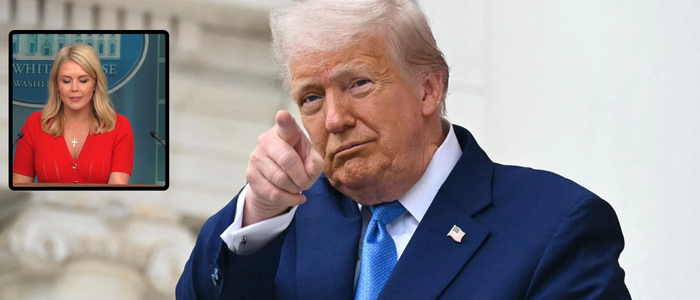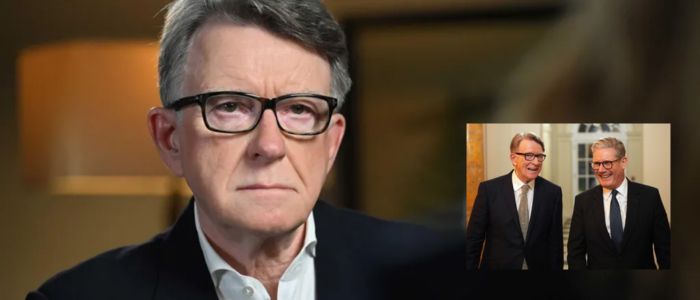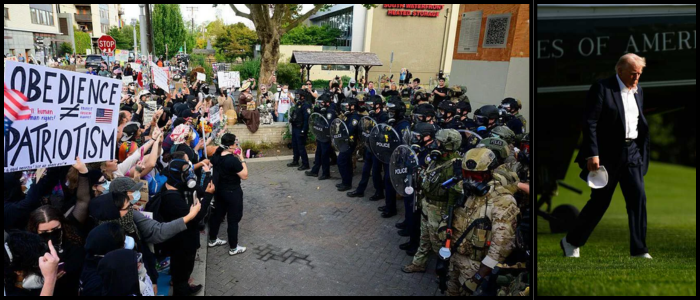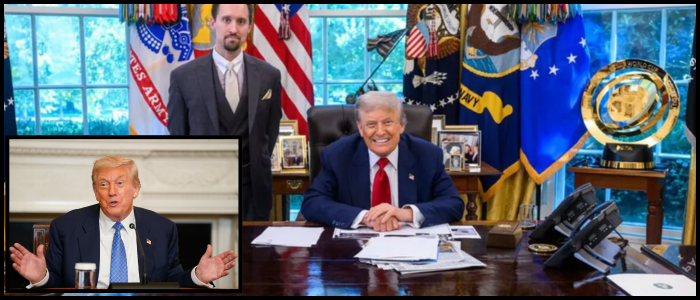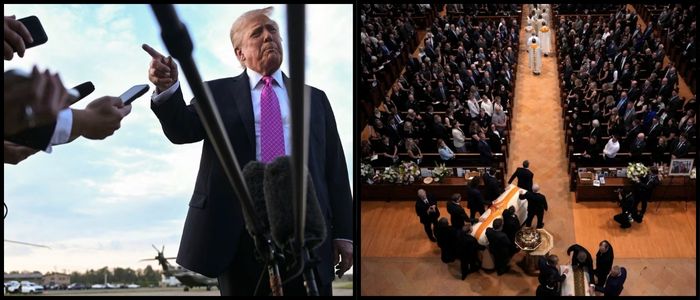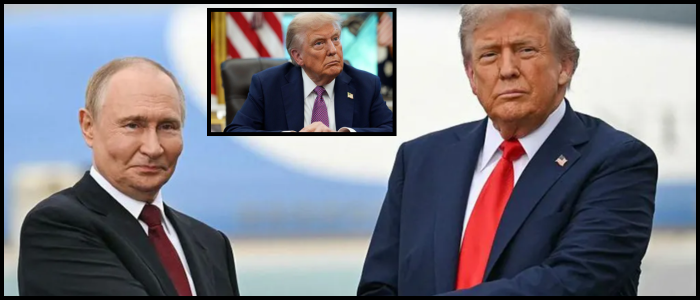Those tariffs included a blanket 10% import tax and were added to new levies on exports from China, Mexico and Canada, the latter that Trump justified as a response to smuggling of fentanyl. The lower court decision had also affected recent reciprocal tariffs aimed at the E.U. and other countries. But it did not cover tariffs that had been imposed on cars and on steel and aluminum under a separate trade law that invoked national security as justification.
White House in Court Fight for Access to Foreign Advisor Meetings
The White House promptly appealed the ruling, saying the courts should not meddle in sensitive foreign and economic policy. "It is for the political branches, not the courts, to make foreign policy," the administration wrote in its filing. White House spokesman Karoline Leavitt said the practices are unfair and that judicial meddling would distract attention from delicate trade talks.
Trump responded loudly on social media, calling the court's decision "horrible" and pressing the Supreme Court to step in "quickly and decisively."
The appeals court's stay will keep the tariffs in effect while the legal process continues, with the next hearing set for June 5. And a separate federal court, also in February, similarly found some tariffs had overstepped presidential authority, but that decision applied to just one toy company.
Trump's Trade Moves: The Future Is Now in Doubt
The legal fight could wind up in the Supreme Court, and could reshape presidential powers over trade. Although Trump continues to have authority under other laws, including Section 232 of the Trade Expansion Act of 1962 and Section 301 of the Trade Act of 1974, experts said the court fight might diminish the leverage he would have in future negotiations.
Trump adviser Peter Navarro said the administration may seek other legal avenues to reimpose tariffs if the courts eventually invalidate them.
Prodding of small business owners like Kara Dyer, who imports toys from China, say the legal and policy shifts have in their anxiety over selling toys, imposed uncertainty. "Everything's been so chaotic and so impossible to plan," she said.
Ilya Somin, a legal expert who is part of the team that took on the tariffs, said he is "guardedly optimistic" when it comes to the prospect of their being upheld by the lower court. He underscored that it was a bipartisan ruling with judges from both major parties backing it, including one appointed by Trump.
While the legal battle unfolds, critics argue the president's one-man show amounted to a major power grab; supporters are counting on the courts to ultimately defer to the president in matters of national and economic security.

